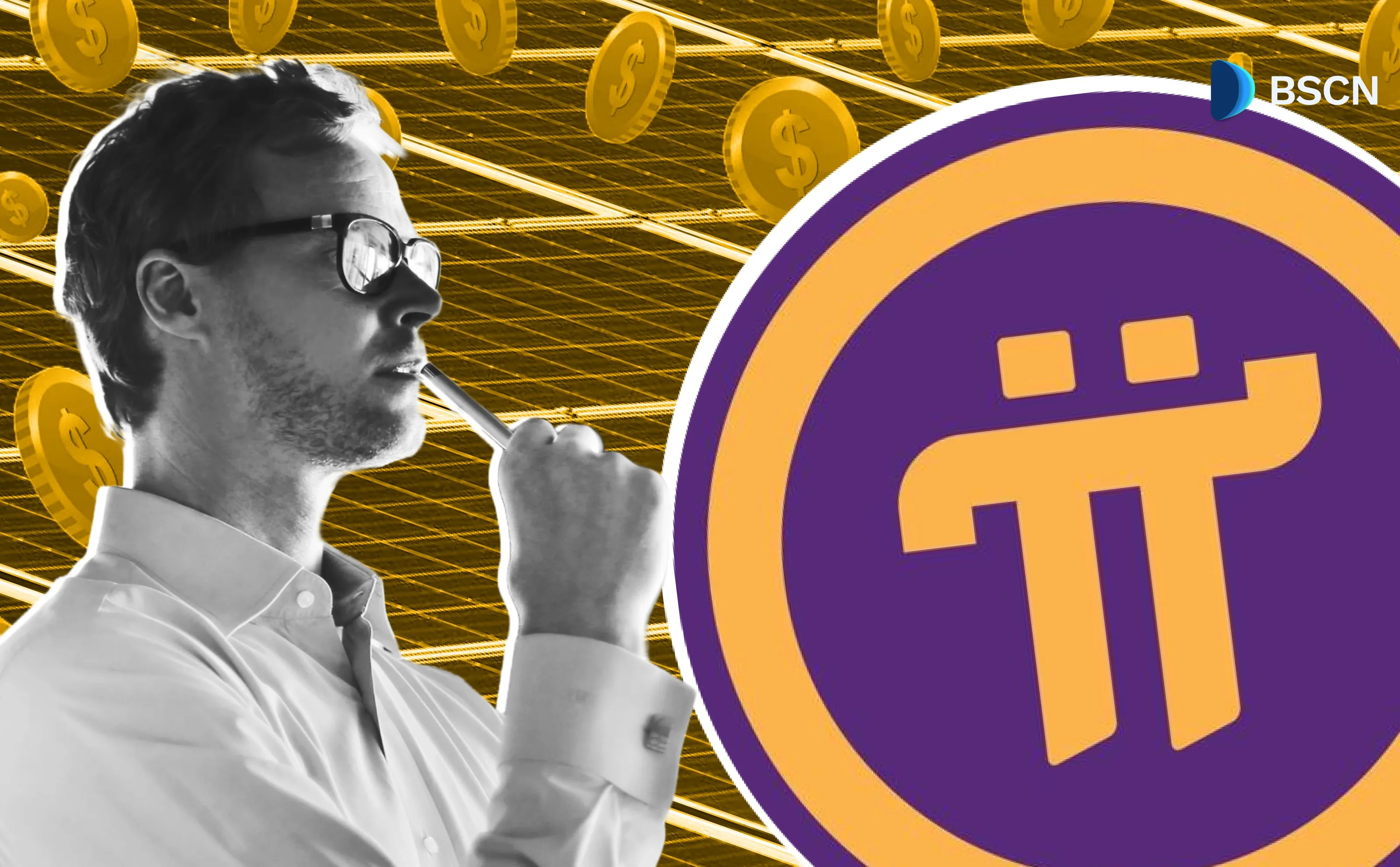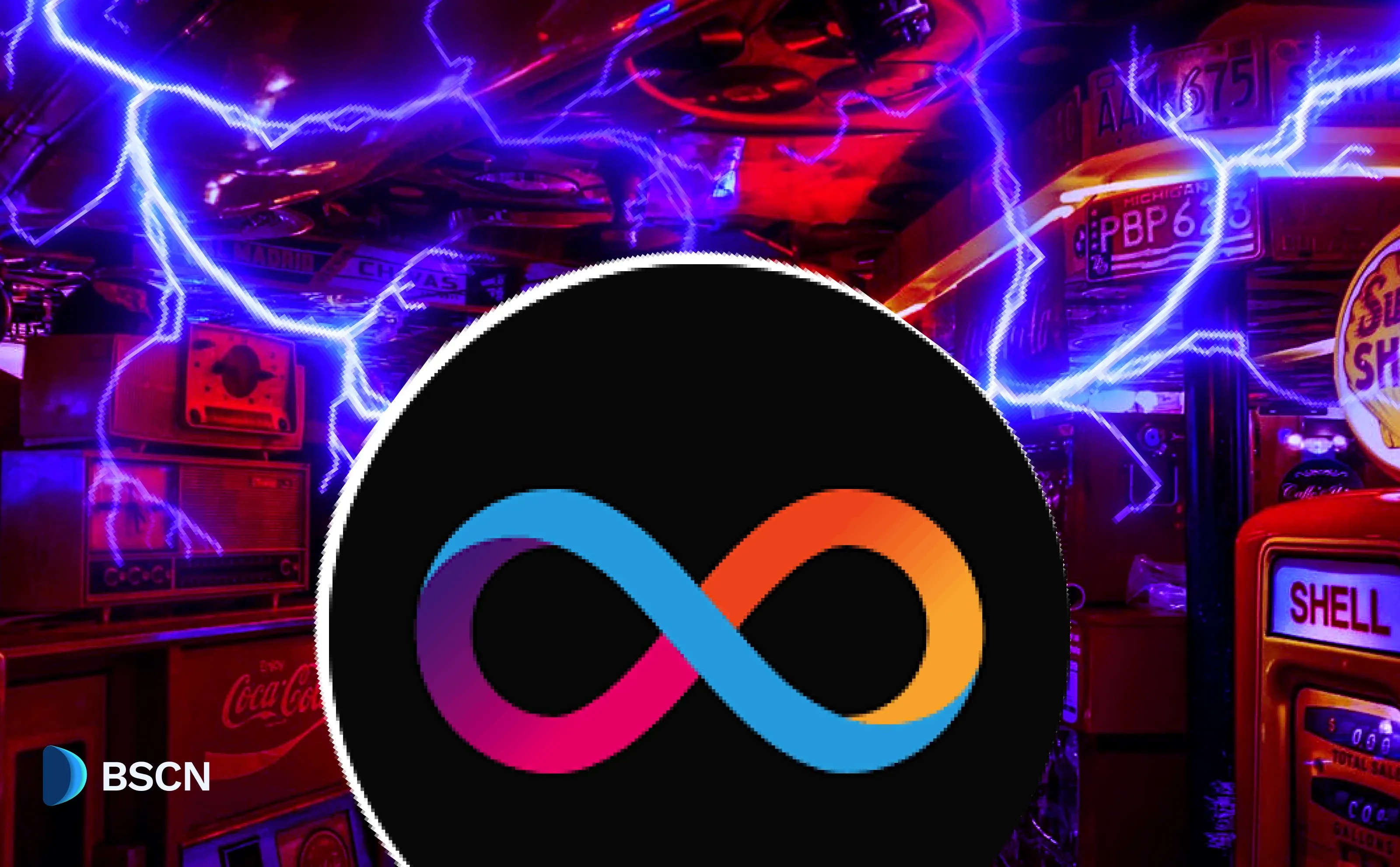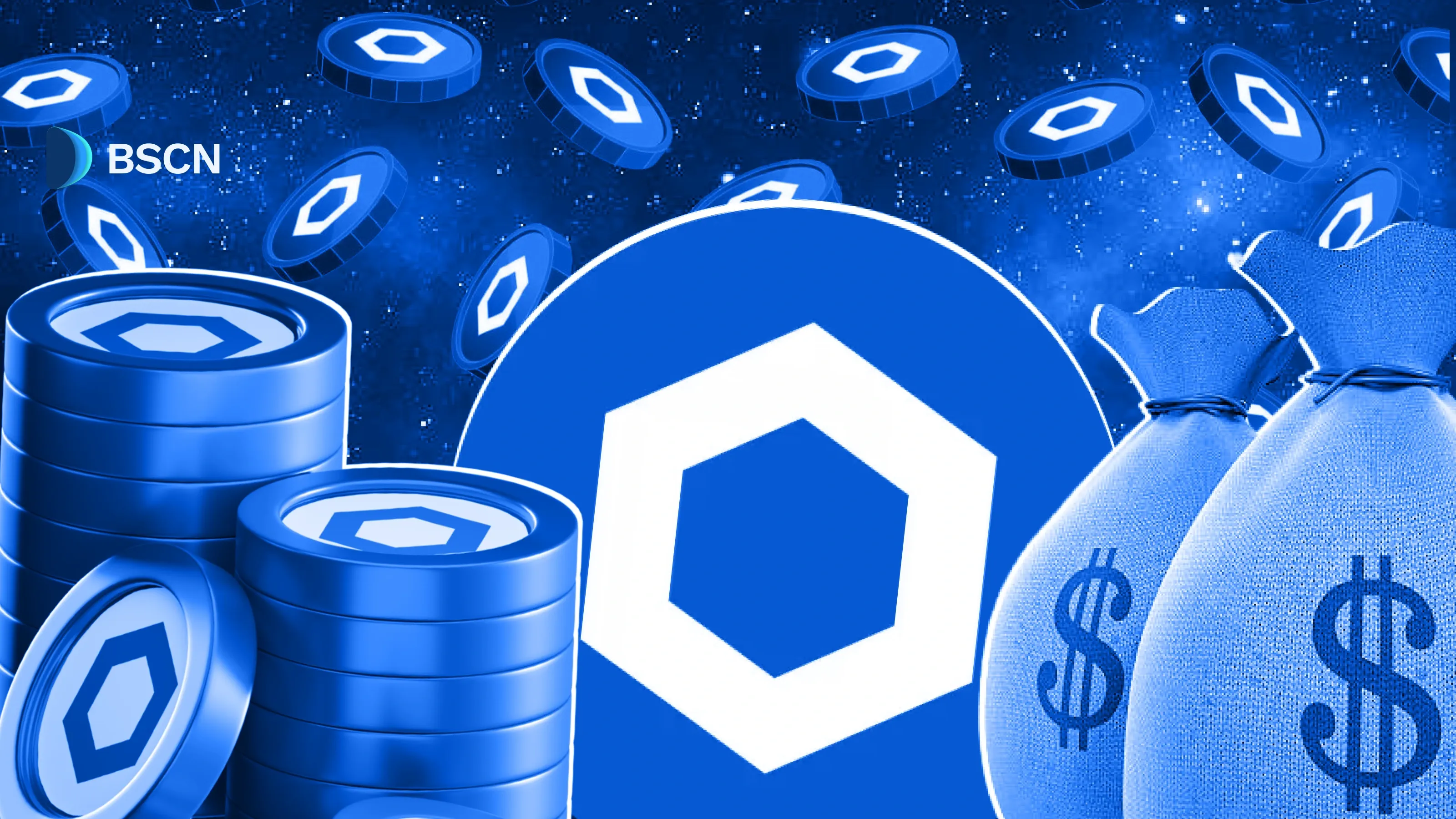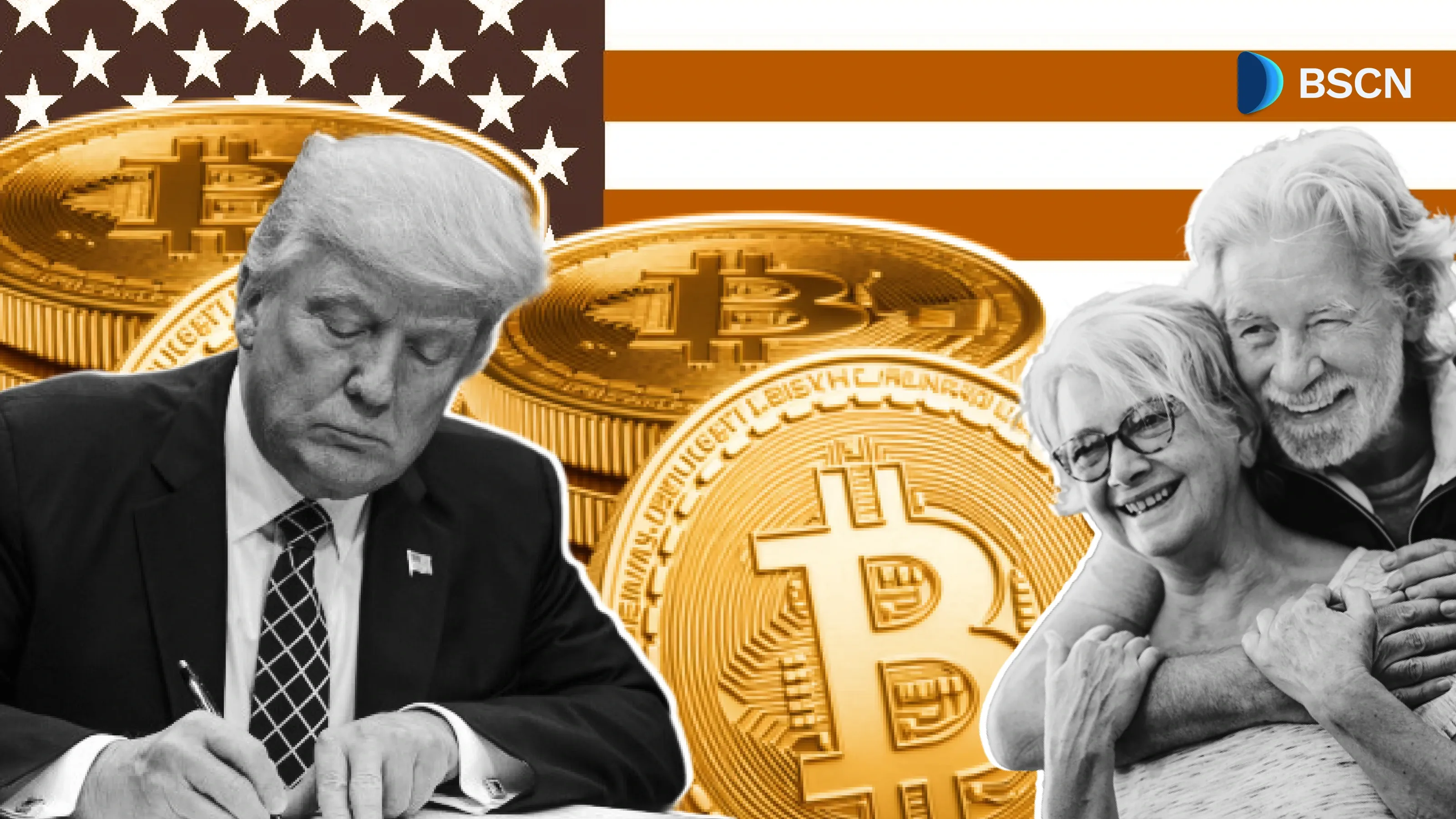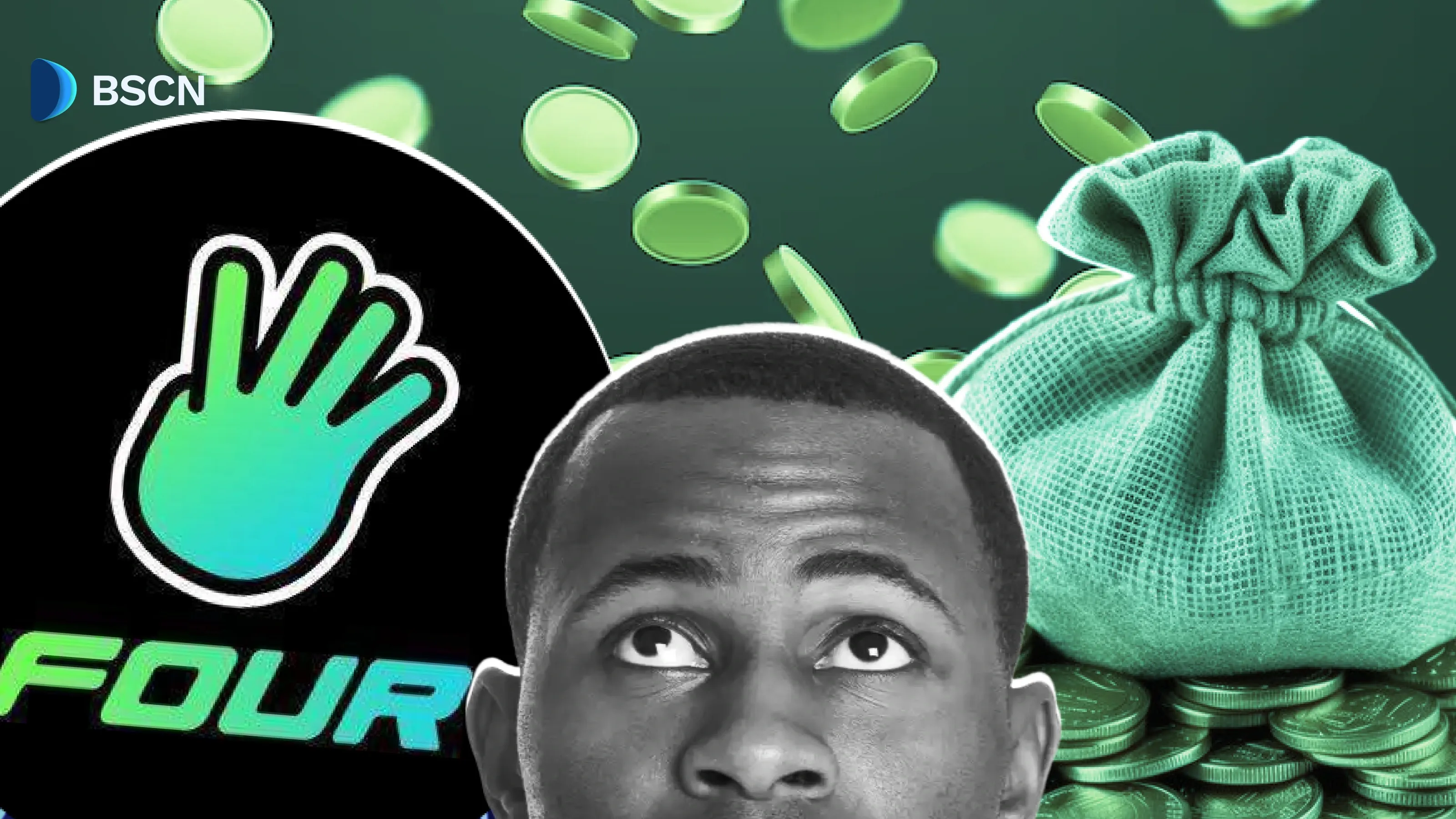WEB3
The Ripple Effect: How the SEC vs. Ripple Battle Could Send Shockwaves Through the Cryptocurrency Market

There are far-reaching implications for the cryptocurrency market and its participants based on the results of the SEC Vs. Ripple case.
BSCN
June 29, 2023
SEC Vs. Ripple Crypto Showdown
The ongoing legal battle between the U.S. Securities and Exchange Commission (SEC) and Ripple Labs has far-reaching implications for the entire cryptocurrency industry. The lawsuit's mere filing has caused significant harm to XRP holders, with estimated damages reaching around $15 billion. But beyond the immediate impact on Ripple, many wonder how this high-profile case could affect the prices and regulations surrounding other cryptocurrencies.
The SEC's primary argument is that Ripple Labs and its executives conducted unregistered security offerings by selling XRP tokens, which they consider a security rather than a currency. The agency also claims that Ripple's CEO and co-founder made misleading statements and failed to register the sale, violating federal securities laws.
On the other hand, Ripple argues that XRP is a currency and not a security, making it exempt from securities laws. Ripple's response to the SEC's lawsuit has been comprehensive. It highlights the SEC's delay in action, noting that the Department of Justice and FinCen previously recognized XRP as a virtual currency.
To defend its position, Ripple asserts that it never conducted an initial coin offering, made no promises of profits to XRP holders, and did not rely on investors' capital to fund its operations.
Furthermore, Ripple emphasizes that it has equity shareholders who legally purchased shares through traditional venture capital funding rounds.
The company believes it is being treated differently than other cryptocurrencies, such as Bitcoin and Ether, which have faced no SEC enforcement actions and sought transparency via the Freedom of Information Act. But why is the Ripple lawsuit important?
Why Ripple is Potentially Significant
The outcome of the SEC vs. Ripple case carries significant implications for the cryptocurrency industry as a whole. One key reason is that it could provide much-needed clarity on the regulatory status of cryptocurrencies and their classification as securities.
Whether cryptocurrencies should be considered investment contracts and thus subject to securities laws remains an unresolved issue that has troubled crypto network entrepreneurs. Ripple's case presents an opportunity for meaningful case law to emerge, shedding light on this critical matter.
Further, a central aspect of the Ripple case revolves around the level of decentralization within the Ripple network. Most cryptocurrencies are considered decentralized, lacking a central authority governing the blockchain. However, whether Ripple possesses the kind of central authority that would make it subject to securities regulations is a crucial factor being examined in this case.
Thus the Ripple Vs. SEC case has the potential to establish clear and objective standards that well-intentioned crypto network developers can follow, providing a framework for future digital asset launches.
But how can the ongoing legal case and its results affect the crypto space as a whole?
What Will Happen if SEC Wins?
The SEC would gain a powerful precedent to crack down on other cryptocurrencies and Web 3.0 companies if it prevails in Ripple-SEC and the judge agrees with the regulator's claim that all XRP transactions are securities.
SEC Chairman Gary Gensler, who has shown a keen interest in regulating the crypto industry, would receive the validation and momentum he seeks to bring similar lawsuits against various companies. The SEC has already initiated investigations into tokens such as BNB from the Binance exchange and ApeCoin from the Bored Ape NFT ecosystem. With a win against Ripple, the floodgates could open for further regulatory action.
The impact on the crypto market, particularly altcoins, could be severe. We have already witnessed how the SEC's lawsuits against Binance and Coinbase regarding securities issues led to market downturns.
Furthermore, such a verdict could contribute to the ongoing trend of crypto businesses relocating offshore. Ripple CEO Brad Garlinghouse has expressed concerns that the U.S. regulatory approach lags behind other countries like Australia, the U.K., Japan, Singapore, and Switzerland.
What will happen if Ripple wins?
If Ripple wins the case and is deemed a security, it would pave the way for the token to achieve legal status in the U.S. market. This would have a profound impact on its price and market dynamics. Moreover, due to regulatory uncertainty, the victory would likely attract more mainstream investors who were previously hesitant to invest. We have already witnessed how XRP's price surged after increased trading activity in the South Korean market.
The relisting of XRP on U.S. cryptocurrency exchanges, which has been put on hold due to the SEC case, would also generate substantial buying pressure. Moreover, partnerships with prominent U.S. banks or companies, like Bank of America and MoneyGram, which may have been delayed by the SEC, may materialize, further enhancing Ripple's position.
Moreover, a Ripple victory could have ripple effects throughout the cryptocurrency industry. Other issuers of cryptocurrencies would be encouraged, and other courts could rely on the ruling in similar cases.
The pressure on crypto exchanges, like Coinbase and Kraken, offering digital assets that the SEC argues should be regulated as securities, would be alleviated. As a result, the regulatory landscape would undoubtedly be transformed, and the crypto market may experience a boost of confidence, resulting in a rally in altcoins.
Crypto Industry at a Crossroads
The SEC vs. Ripple case has far-reaching implications for the price and future of other cryptocurrencies. While the outcome remains uncertain, it is evident that both a victory for the SEC and Ripple would have profound effects on the industry.
Should the SEC win the case, it would likely strengthen the regulator's position and provide momentum for further crackdowns on companies operating in the Web 3.0 space. On the other hand, if Ripple emerges victorious, it could trigger a surge of optimism and confidence in the crypto industry.
However, it is crucial to consider the potential risks associated with a favorable Ripple outcome. An endorsement from the court could be misinterpreted as validation for the entire industry, potentially fueling excessive speculation and abuse.
In the end, worthwhile rules and regulations in cryptocurrency will require collaborative efforts and creative solutions from all parties involved.
Latest News
Crypto Project & Token Reviews
Project & Token Reviews
Comprehensive reviews of crypto's most interesting projects and assets
Learn about the hottest projects & tokens
